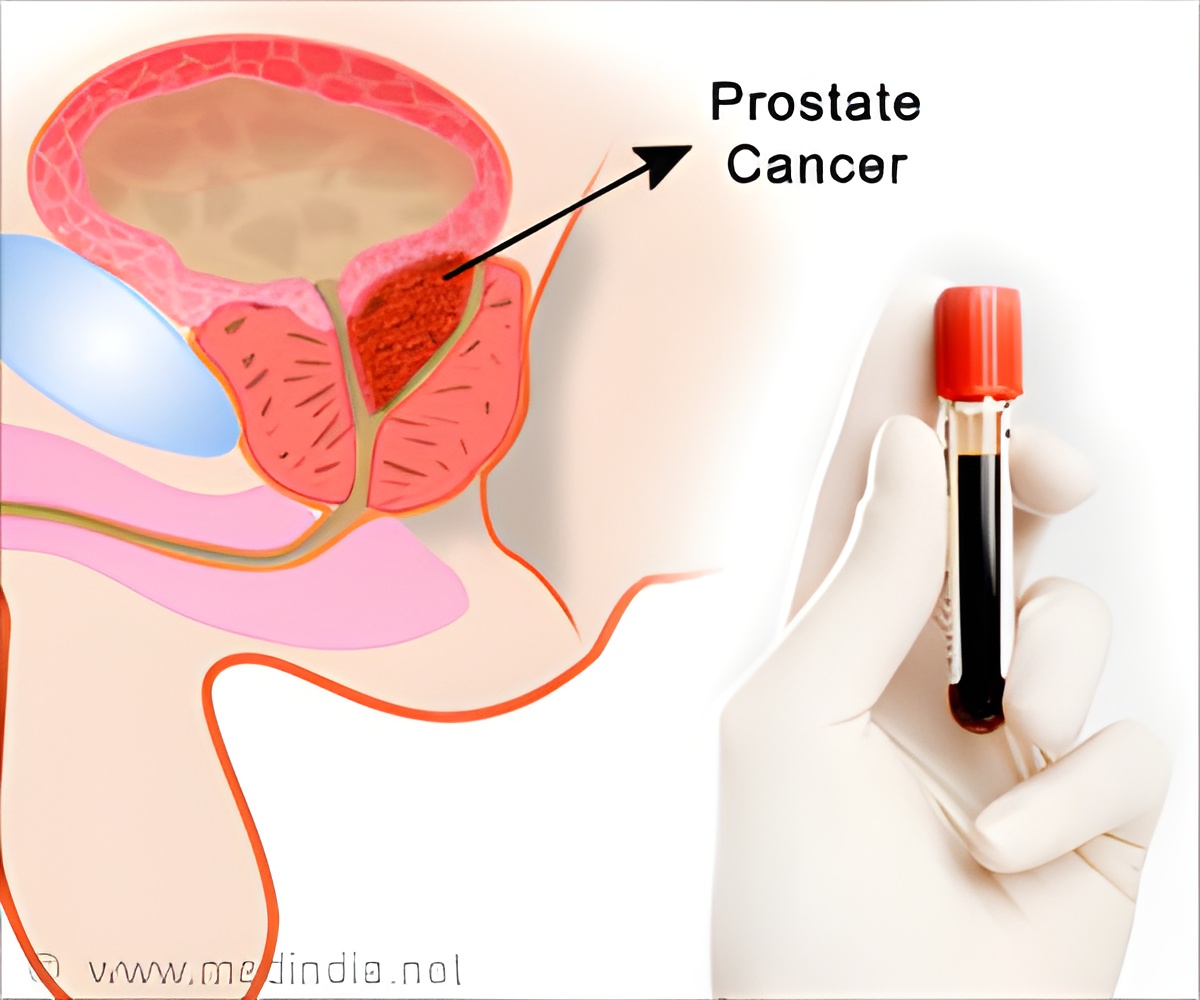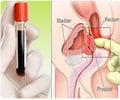In recent years, there has been no increase in shared decision making for prostate-specific antigen (PSA) testing in the US among patients with prostate cancer.

‘New innovative strategies need to be developed to improve shared decision-making for men who are considering prostate-specific antigen (PSA) testing.’





The study compared responses to the National Health Interview Survey in 2010 and 2015 among men age 50 and older (n=9598). In this nationally representative sample, a similar proportion (approximately 60 percent) of men with recent PSA testing reported one or more elements of shared decision-making in both 2010 and 2015.
They also reported a modest shift away from discussions limited to the advantages of PSA testing toward full shared decision-making in which advantages, disadvantages, and uncertainties were discussed (12 percent of recently-tested men in 2010 compared to 17 percent in 2015).
One in 10 men who did not receive PSA testing reported receiving one or more elements of shared decision-making, a number which did not change during the study period.
The results suggest that, contrary to guideline recommendations, many men receiving PSA testing still do not receive shared decision-making and a limited number of men without PSA testing receive one or more shared decision-making elements.
Advertisement
Advertisement



![Prostate Specific Antigen [PSA] & Prostate Cancer Diagnosis Prostate Specific Antigen [PSA] & Prostate Cancer Diagnosis](https://images.medindia.net/patientinfo/120_100/prostate-specific-antigen.jpg)




